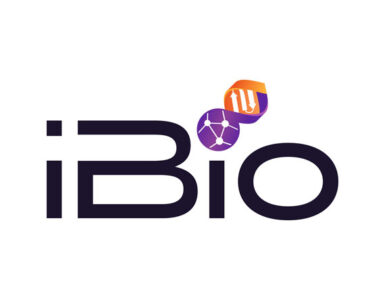
ContraVir Pharmaceuticals (NASDAQ:CTRV) reported that CRV431 significantly decreased the extent of fibrosis, or scarring of the liver, in a second animal model of liver fibrosis.
CRV431 is a clinical stage cyclophilin inhibitor being developed for the treatment of non-alcoholic steatohepatitis (NASH), the more severe form of non-alcoholic fatty liver disease.
ContraVir used obeticholic acid (OCA) as a comparator drug in the study. OCA is an approved semi-synthetic bile acid analogue drug for the treatment of primary biliary cholangitis (PBC) being evaluated in Phase 3 trials by another company.
In ContraVir’s preclinical study, mice received either 50 mg/kg of CRV431; 10 mg/kg of OCA; or a vehicle control, orally, once-daily for six weeks. Compared to the control group, CRV431 reduced fibrosis scores by approximately 43%, while OCA did not demonstrate a statistically significant reduction in fibrosis.
“This study showed that CRV431 reduced fibrosis where OCA, a drug approved for PBC with potential to treat additional liver diseases, such as NASH, did not,” Dr. Robert Foster, ContraVir’s CEO, said in a statement.
The trial, conducted at the Scripps Research Institute, is the fifth to demonstrate statistically significant anti-fibrotic efficacy of CRV431, but the first to use this animal model, where CCl4 is administered to induce fibrosis.
“CRV431’s superior efficacy profile in this model, is very promising and is especially exciting given CRV431’s additional anti-viral and anti-cancer properties we have demonstrated in other preclinical studies,” he added.
Previously, four separate, independent preclinical studies demonstrated similar effects of CRV431 in a STAM NASH model, where liver fibrosis is induced in mice by administering streptozotocin, followed by a high fat diet. All four studies showed statistically significant fibrosis score reductions, ranging from 37% to 57%.
In addition to NASH, ContraVir is developing CRV431 for other liver diseases such as viral hepatitis and hepatocellular carcinoma. An earlier Phase 1, single ascending dose study of CRV431 was safe and well tolerated in humans.
The company plans to continue to study additional models of fibrosis in preparation for future NASH clinical trials.





